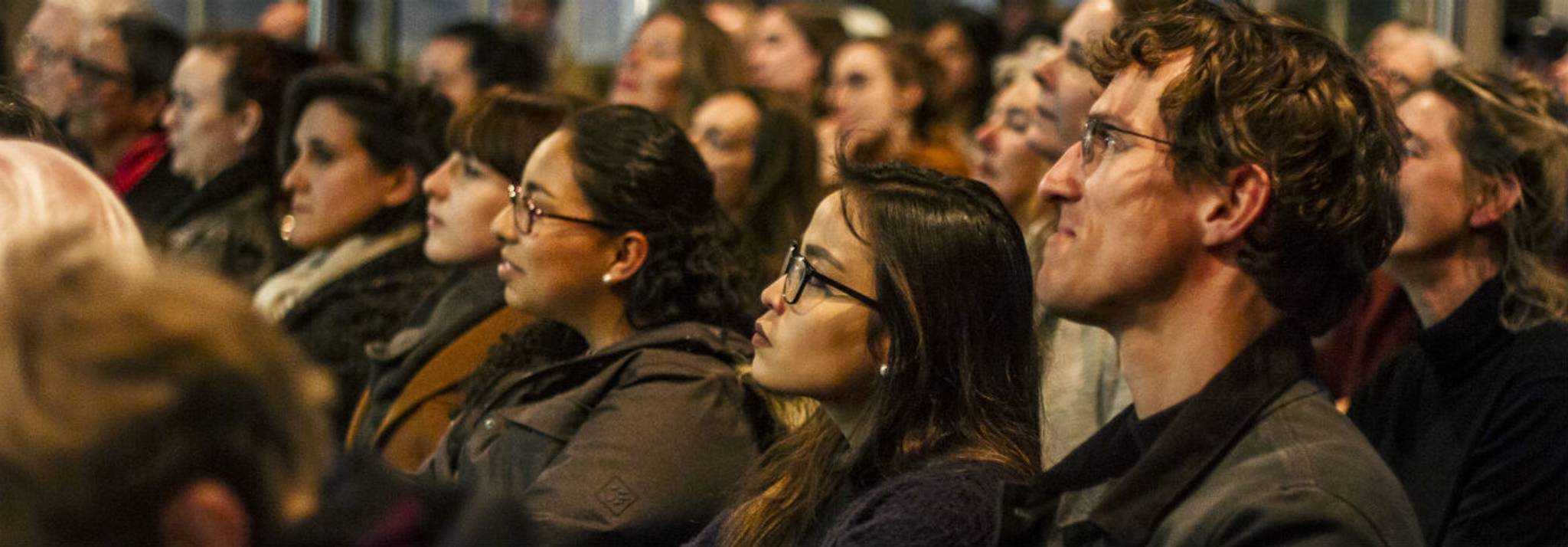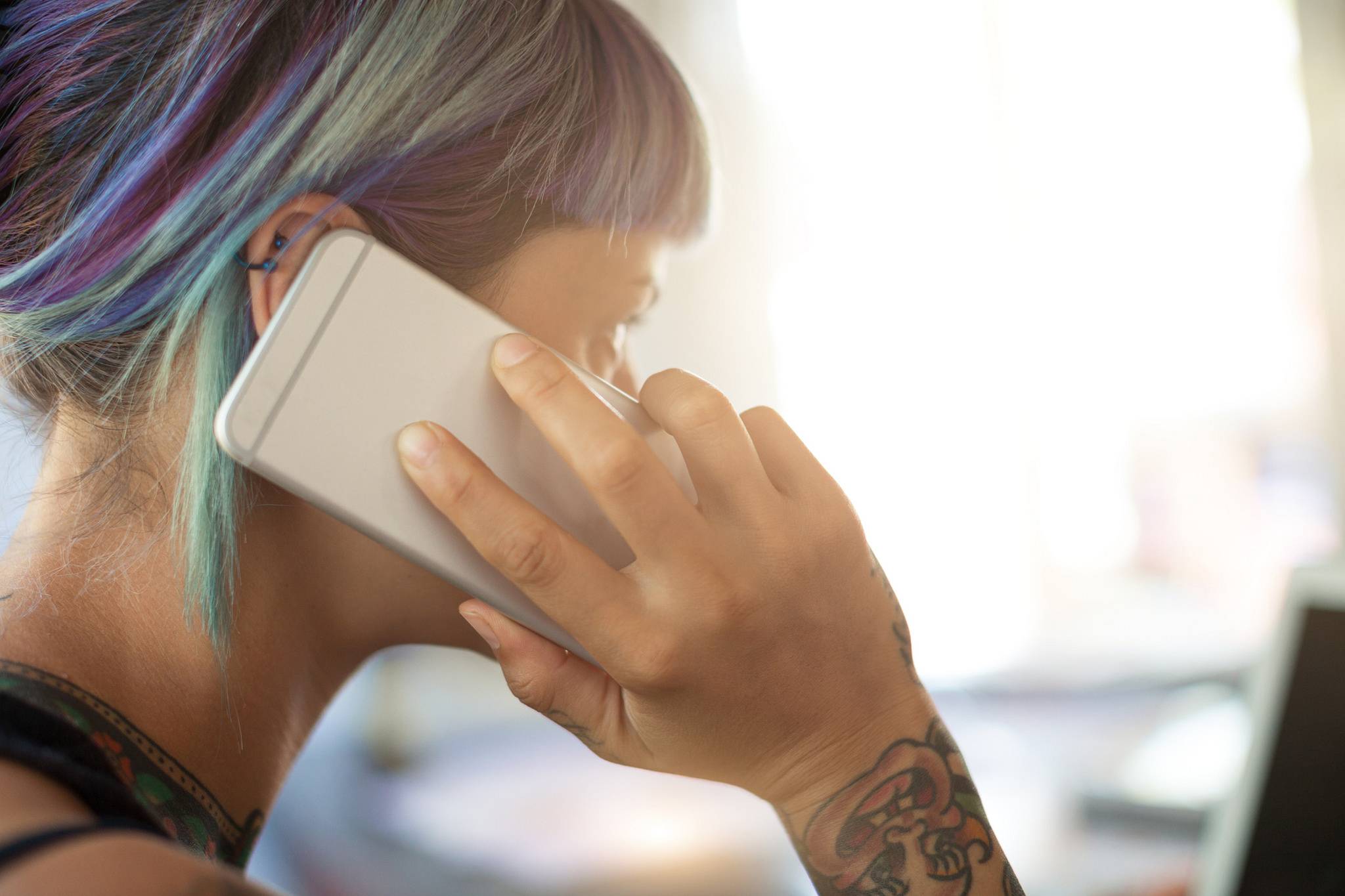
Humans are complex, and often irrational, creatures. The understanding of our decision-making has been undone and rebuilt over the past half century to give rise to behavioural economics, which applies psychological insights to human behaviour to explain economic decision-making. And for advertisers and marketers, established in the game of inspiring emotional reactions, an understanding of behavioural economics can reveal powerful insights. At Nudgestock 2017 – created by Ogilvy Change – some of the world’s biggest thinkers will gather to discuss how behavioural economics can lead marketers to new creative heights.
Would you stop to help a stranger who asked for help changing a flat tyre? No? What if they offered you £10 for your time? Why not? You’d be helping the stranger and getting £10 on top. This is how the rational decision-maker would see the situation – and it’s upon this model that economists have predicted our behaviours, developed policies and ruled the world of business decision-making. In economics, all people are rational.
Except humans aren’t rational – a fact that attention has been drawn to in the revelation of the ‘post-truth’ era. It’s this topic that Canvas8 founder Nick Morris and Rory Sutherland, founder of Ogilvy Change and vice chairman of Ogilvy & Mather, explore when they sat down together to discuss the application of behavioural economics in a recent interview on the Canvas8 Library. “More and more, we find that people make decisions emotionally and justify them rationally,” confirms Morris. And businesses are growing increasingly aware that ignoring the imperfect and irrational aspects of people’s behaviour could be bad for business. “The reliance on these rationality assumptions has led to a fundamental problem in business and public sector decision-making,” says Sutherland. “It does not encourage us to do truly great work.”
A deep understanding of behaviour is moving away from carrot-and-stick models to the appreciation that we make decisions based on our perception of a situation and subsequent reaction to it. As such, behavioural economics is being applied to business models across industries to great effect – though not always to positive responses. While platforms like Lemonade and Long Game use behavioural economics to help their users save more money, Uber has been put under scrutiny for using behavioural ‘nudges’ to urge its drivers to complete more rides.
To encourage the continued use of behavioural economics in business and marketing, Ogilvy created Nudgestock, the UK's largest festival of behavioural science, and this year, Canvas8 is the event’s official insights partner. On Friday 9th June, a range of leading global thinkers – from expert in human cooperation Dr. Oliver Scott Curry to the director of the UK’s Vote Leave campaign Dominic Cummings – will explore and explain the direct applications of behavioural economics in the commercial space. “The real economic value lies in trying things that otherwise wouldn’t happen or accepting things that otherwise would seem uncomfortable or counter-intuitive,” says Sutherland. “This thinking can sit anywhere it can be used to generate insights, to justify counter-intuitive ideas, to be a bit naughty.”
Read the full interview with Morris and Sutherland here.
Purchase tickets for Nudgestock 2017 here.
Lore Oxford is cultural editor at Canvas8, which specialises in behavioural insights and consumer research. She previously ran her own science and technology publication and was a columnist for Dazed and Confused. When she’s not busy analysing human behaviour, she can be found defending anything from selfie culture to the Kardashians from contemporary culture snobs.



